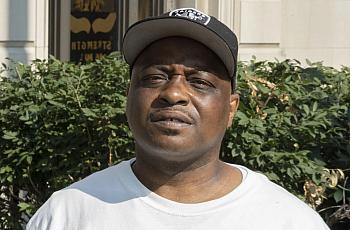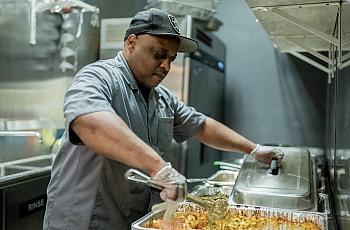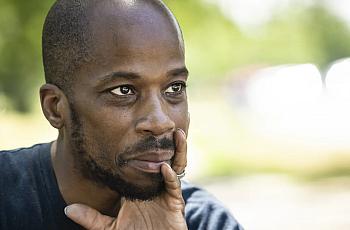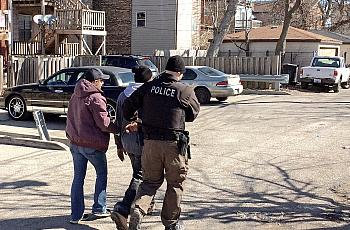
Frank Main
Reporter

Reporter
I was working for political campaigns my senior year in college when I decided the reporters covering us had pretty interesting jobs. I've been a journalist for more than 30 years, a profession that's taken me to war zones, natural disasters, governor's mansions, mobsters' living rooms and gang members' funerals. I've been at the Chicago Sun-Times for most of those years, documenting the violence that grips swaths of the city and leaves other parts relatively untouched. In recent years, I've also been a teacher at Loyola University, trying to pass along some of my experiences to younger generations of journalists. Some of them have gone on to have careers in journalism, too, and they leave me confident in the future of the profession.

The change follows a Sun-Times/Better Government Association investigation last year that documented the impact of “dead end” drug arrests in which people are briefly locked up, only to see the charges soon dismissed.

In Chicago, police routinely arrest people for possession of small quantities of drugs knowing the charges won’t stick. But the arrests have real consequences.

In Chicago, thousands of drug possession arrests are routinely tossed out every year. The cost to taxpayers? Millions. To those arrested? The loss of jobs, housing, freedom.

The Cook County state’s attorney recently learned her former physical trainer is addicted to heroin and has been in and out of jail for it.

That state’s new drug reform is keeping users out of jail — but getting them help for addictions has been elusive.

State law targets drug users, jamming courts with throwaway cases that burden justice system and users. A new reporting project digs into the story.